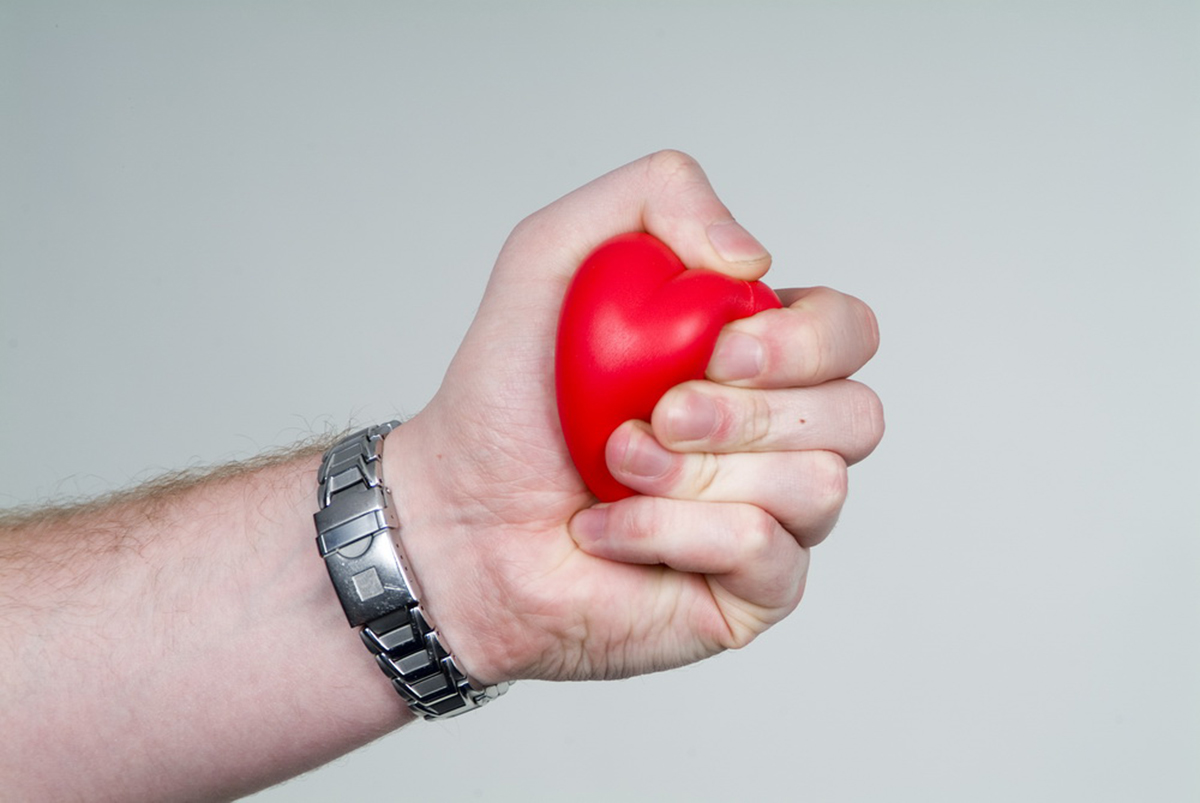Table of Contents
Many extensive studies have been conducted to find out the correlation between stress and cardiovascular diseases. Researchers have uncovered lots of facts suggesting a close relationship between the two. Though scientists could not exactly propose the ‘cause and effect’ relationship between stress and heart diseases, there are abundant evidences to prove that continuous mental stress always has a negative impact on the cardiac health of people, and the effect is much greater in patients who already have a heart disease.

Stress, continuous or acute, can lead to heart attack
Chronic mental stress, which was previously not considered to be a direct cause for cardiovascular diseases, is now recognized as a potential risk factor. It is also found to have a major contribution to the development of other health risks.
In recent years, researchers concentrated on analyzing the effect of acute stress, or ‘acute triggers’, on heart diseases, especially on myocardial infarction that is commonly known as heart attack. The term “acute triggers” refers to events or reactions to events that occurred in the immediate moments or hours before the onset of heart attack.
How does that happen?
The mechanism by which stress leads to heart attack can be considered from two viewpoints –psychological/behavioral and physiological.
To understand how psychologically stress leads to heart attack, let us consider a person who is continuously in stress. He is unlikely to maintain a healthy diet, he tends to stay physically inactive, he is more likely to smoke.
Thus, chronic stress can cause exacerbation of some unhealthy lifestyles habits and lead to heart attack.
Not so long ago, the reaction to stress was usually described as the ‘fight or flight’ response. But these days scientists argue that the reaction to stress is not a generalized response and it differs among individuals depending on how well they cope with stress, their personality and their social conditions. Genetic factors are also found to influence the individual’s cardiovascular reaction to stress.
See Also: Daily stress and health risks
Physiological stress responses that lead to heart attack
The physiological stress response, often referred to as the "fight-or-flight" response, is a natural reaction of the body to perceived threats. While this response is adaptive and can be beneficial in acute, short-term situations (like running from a predator), chronic activation of this stress response, especially in non-threatening situations, can have detrimental effects on cardiovascular health.
When a person goes through stress, the various physiological mechanisms that take place can be put in simple words: stress adds physiological burden on the heart by increasing heart rate and blood pressure and constricting the blood vessels that nourish the heart. Over time, this may lead to heart attack.
Mental stress triggers two important neural pathways – the sympathetic nervous system and the hypothalamic-pituitary (HPA) axis. What are these pathways and how do they affect cardiac health?
- Edmondson, D. et al. (2013) Emotional triggers in myocardial infarction: Do they matter? European Heart Journal 34(4), 300-306
- Inoue, N. (2014) Stress and atherosclerotic cardiovascular diseases. Journal of Atherosclerosis and Thrombosis 21, Early Online Publication
- Wu, T., Sneider, H. & Geus, E. D. (2010) Genetic influences on cardiovascular stress activity. Neuroscience and Biobehavioral Reviews 35(1), 58-68
- Steptoe, A. & Kivimaki, M. (2012) Stress and Cardiovascular Disease. Natural Reviews Cardiology 9(6), 360-370
- Ghiadoni, et al. (2000) Mental Stress induces transient endothelial dysfunction in humans. Circulation 102, 2473-2478
- Yudkin, J. S. et al. (2000) Inflammation, Obesity, Stress and Coronary Heart Disease: Is Interleukin-6 the link? Atherosclerosis 148(2), 209-214
- Mittleman, M. A. & Mostofsky, E. (2011) Physical, Psychological and Chemical Triggers of Acute Cardiovascular Events: Preventive Strategies. Circulation 124, 346-356
- Poitras, V. J. & Pyke, K. E. (2013) The impact of acute mental stress on vascular endothelial function: evidence, mechanisms and importance. International Journal of Psychophysiology 88(2), 124-135
- Mostofsky, E., Penner, E. A. & Mittleman, M. A. (2014) Outbursts of anger as a trigger of acute cardiovascular events: a systematic review and meta-analysis. European Heart Journal. Early Online Publication.
- Photo courtesy of 080780 by FreeImages : www.freeimages.com/photo/761892/?forcedownload=1
- Photo courtesy of William Brawley by Flickr : www.flickr.com/photos/williambrawley/4045524560


Your thoughts on this